Public Domain Image
Agent Childers and Seized Mink Skins by Freimuth DC, U.S. Fish and Wildlife Service from Public-Domain-Image.com
Creative Commons Image
Luna in Denial by Beverly and Pack under a Creative Commons License
Post by Eric Schooley and Ryan Regis
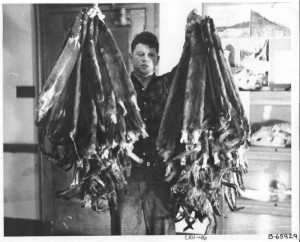

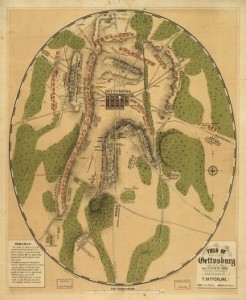
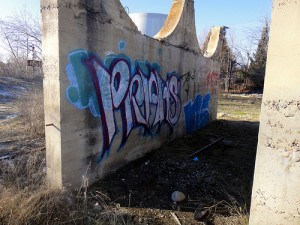

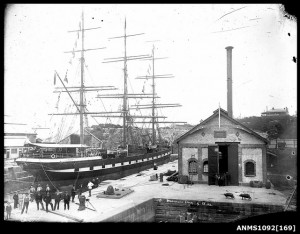

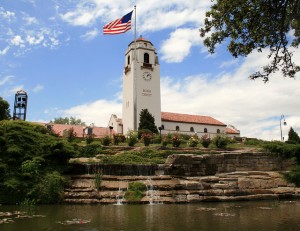
 ?” he said, ” Though many people think that studying historical games means that I get to play them all day, this is unfortunately not the case and the time spent playing to writing and researching is very small.” I asked him to give me his best advice for someone pursuing his field of study, he responded “For someone wishing to become an academic I would of course advise you to work hard, find a subject you like, remain open minded and yet critical. Also be creative in your thinking, being successful at the highest levels of education and as a professional academic relies on being able to come up with original ideas that fill a gap in current research.” Soon to be Dr. Chapman also added on a more specific note to his own field of research, “For those wanting to study games I would advise you to play a lot! As many different types of games as possible (including boards games etc). Also read a lot of game studies work, there is lots of high quality stuff available on the internet for free.
?” he said, ” Though many people think that studying historical games means that I get to play them all day, this is unfortunately not the case and the time spent playing to writing and researching is very small.” I asked him to give me his best advice for someone pursuing his field of study, he responded “For someone wishing to become an academic I would of course advise you to work hard, find a subject you like, remain open minded and yet critical. Also be creative in your thinking, being successful at the highest levels of education and as a professional academic relies on being able to come up with original ideas that fill a gap in current research.” Soon to be Dr. Chapman also added on a more specific note to his own field of research, “For those wanting to study games I would advise you to play a lot! As many different types of games as possible (including boards games etc). Also read a lot of game studies work, there is lots of high quality stuff available on the internet for free.